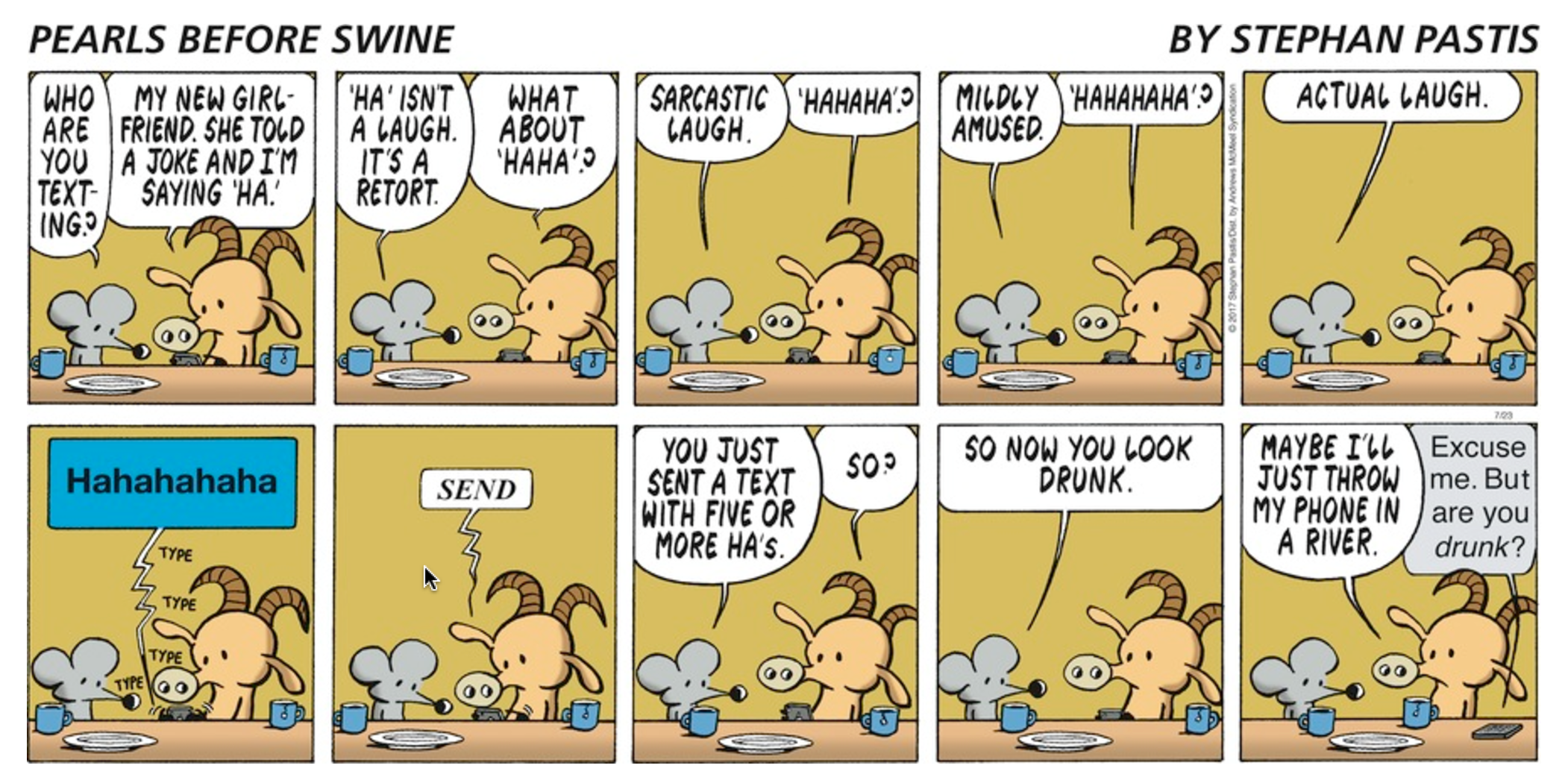Banned by Beijing
Just saw this great post by the editors of supchina:
"Here are all the words Chinese state media has banned: A full translation of the style guide update from Xinhua, and why it matters." (8/1/17)
We can be grateful to the editors for their reliable translations, complete with Chinese characters and Hanyu Pinyin romanizations, with word spacing and tonal diacritics.
The list is divided into sections on "Politics and society" (including politically incorrect and vulgar terms), "Law", "Religion and society", "Hong Kong, Macau, Taiwan, territory, and sovereignty", and "International relations". Specialists in all of these areas will have a field day examining these sensitive terms and analyzing their political, social, and cultural implications. I encourage everyone who has an interest in contemporary China to avail themselves of this extraordinary opportunity to get inside the most fundamental level of the censorial apparatus of the Communist Chinese state.
Read the rest of this entry »


